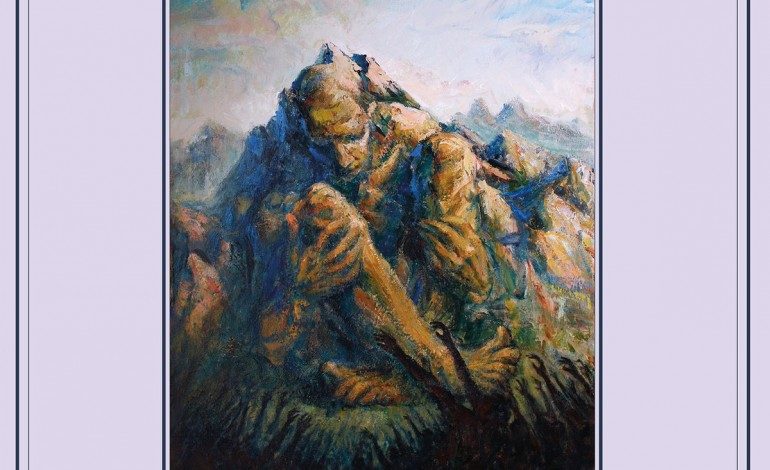

But These Guys Have Definitely Got Heart
Sometimes, a lot of hope and promise come with a burgeoning act hitting the heavier scene. The metal market is so saturated with groups exhibiting trademark elements profoundly or, more often than not, in lackluster fashion. When Arkansas quartet Pallbearer first came onto the scene, it may have seemed easy to write them off as another recycled group of Black Sabbath-inspired dudes. And while the presence of a Sabbathian influence is definitely evident, Pallbearer add to that agency an expansive, atmospheric, progressive rock approach that elevates their production far past typical expectations. Their third release, Heartless, completes Pallbearer’s oeuvre trinity of albums.
That is not to say the band is on a “three and done” kick. If Pallbearer stay on the path they’ve seemingly charted for themselves, they’ll be making enjoyable albums until the end of time. Heartless is comparable to reaching the peak of a mountain, with their debut Sorrow and Extinction and sophomore release Foundations of Burden being the respective beginning and journey up. Album opener, “I Saw the End,” sees Palllbearer doing a lot of the heavier doom work heard in their former two, with guitar work from Devin Holt and Brett Campbell driving brute riffs and forward harmonies that lead into the introduction of the album’s frequent prog tendencies.
“Lie of Survival” has an open brutality to it, drawing the listener in with loud, airy drumming from Mark Lierly. It leads into the album’s best tracks, “Dancing in Madness” and “Cruel Road,” where hefty bass lines and pithy song structures act as the perfect backdrop to Campbell’s varied vocal ability. Of the seven songs on Heartless, these two do the most in solidifying their status as a doom band.
Pallbearer’s latest is like a promise to the fans they’ve gained along the way, essentially insuring their ability to conquer “melodic-prog-doom” without losing any sort of gruesome credibility. Where Heartless holds its place in Pallbearer’s career is more like the final paragraphs of a chapter, leaving listeners on a cliffhanger of what, if anything, is to come next.
